Audio available in app
Assessment of pronunciation should be ongoing and varied from "summary" of English Pronunciation Teaching and Research by Martha C. Pennington,Pamela Rogerson-Revell
When considering the assessment of pronunciation, it is crucial to recognize the importance of continuity and diversity in the evaluation process. Pronunciation assessment should not be limited to a single point in time, but rather should be an ongoing endeavor that occurs consistently throughout the language learning journey. By continuously monitoring and evaluating pronunciation, teachers can gain a more comprehensive understanding of students' progress and provide targeted feedback to support improvement. Furthermore, the assessment of pronunciation should encompass a range of methods and tools to ensure a well-rounded evaluation. Employing a variety of assessment techniques, such as tasks, tests, and technology, can offer a more holistic view of students' pronunciation skills and areas for development. This diversity in assessment approaches allows for a more nuanced understanding of individual strengths and weaknesses, enabling teachers to tailor their instruction accordingly. Moreover, the use of varied assessment measures can help promote student engagement and motivation in the learning process. By incorporating different assessment activities, such as peer feedback, self-assessment, and oral presentations, students are offered opportunities to actively participate in their own learning and take ownership of their pronunciation improvement. This active involvement can lead to increased confidence and proficiency in pronunciation skills.- The assessment of pronunciation should be ongoing and varied to support continuous improvement and holistic evaluation. By implementing a combination of assessment methods and tools, teachers can gain a more comprehensive understanding of students' pronunciation skills and provide targeted feedback for enhancement. This approach not only promotes student engagement and motivation but also fosters a more effective and personalized learning experience.
Similar Posts
Create a study schedule for consistent practice
To improve your TOEFL scores, it is crucial to establish a study schedule that allows for consistent practice. This schedule sh...
Differentiate between formal and informal speech patterns
When it comes to speaking English, it is important to understand the differences between formal and informal speech patterns. F...
Language acquisition is a complex process
The process of language acquisition involves a myriad of intricate elements that work together to enable individuals to learn a...

Recognizing progress and improvement over time
As we go through the challenges of learning a new language, it is important to acknowledge the progress we make over time. Lear...
Participating in study groups
Study groups are a common strategy that can be very beneficial for TOEFL preparation. When you participate in study groups, you...

Foster a sense of agency and autonomy in students through assessment
One of the key goals of assessment is to empower students to take ownership of their learning and develop a sense of agency and...
The ongoing nature of pronunciation learning
Pronunciation learning is not a one-time event but an ongoing process that requires continuous effort and practice. It is not s...
Help students understand the importance of linking sounds in connected speech
Understanding the importance of linking sounds in connected speech is crucial for students learning American English pronunciat...
Correcting errors in pronunciation requires attention to detail
In order to effectively correct errors in pronunciation, one must pay close attention to detail. This means honing in on specif...

Testtakers are assessed on their listening, speaking, reading, and writing skills
The Duolingo English Test evaluates test takers on a variety of language skills, including listening, speaking, reading, and wr...

